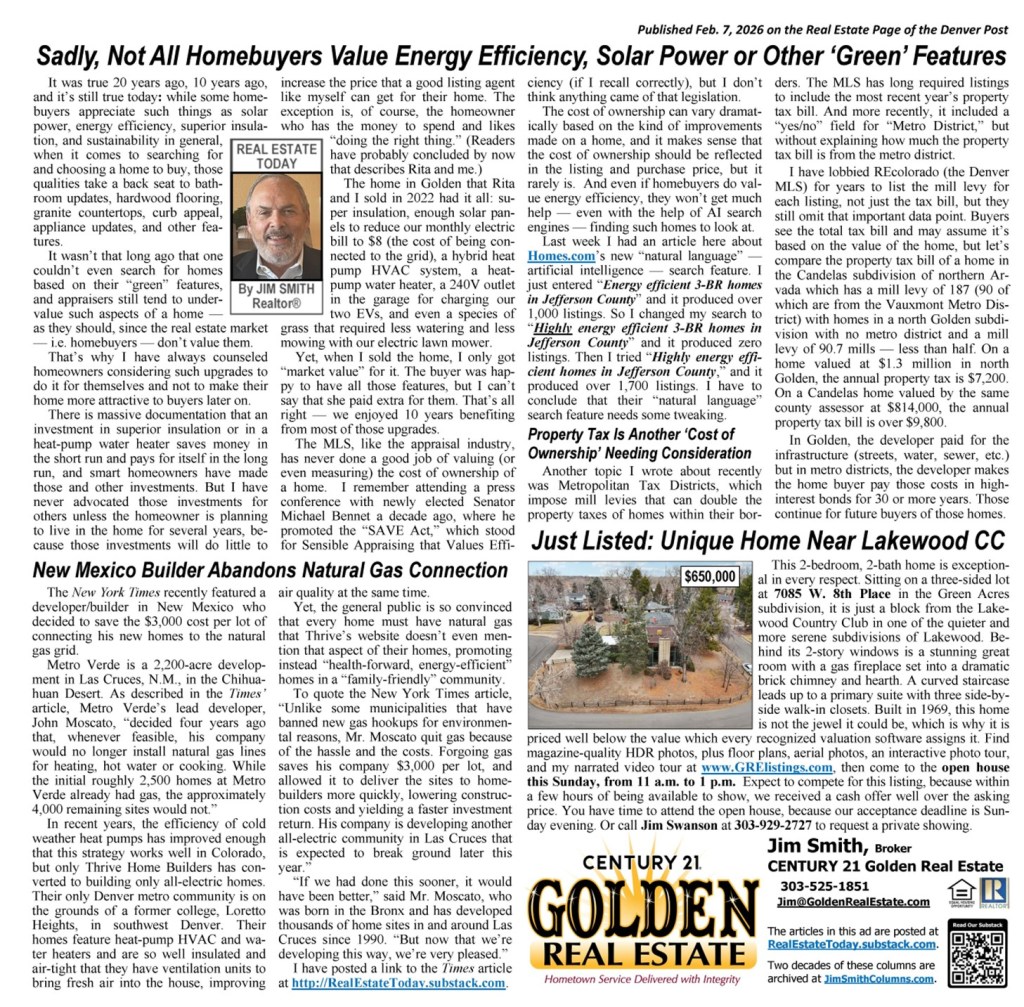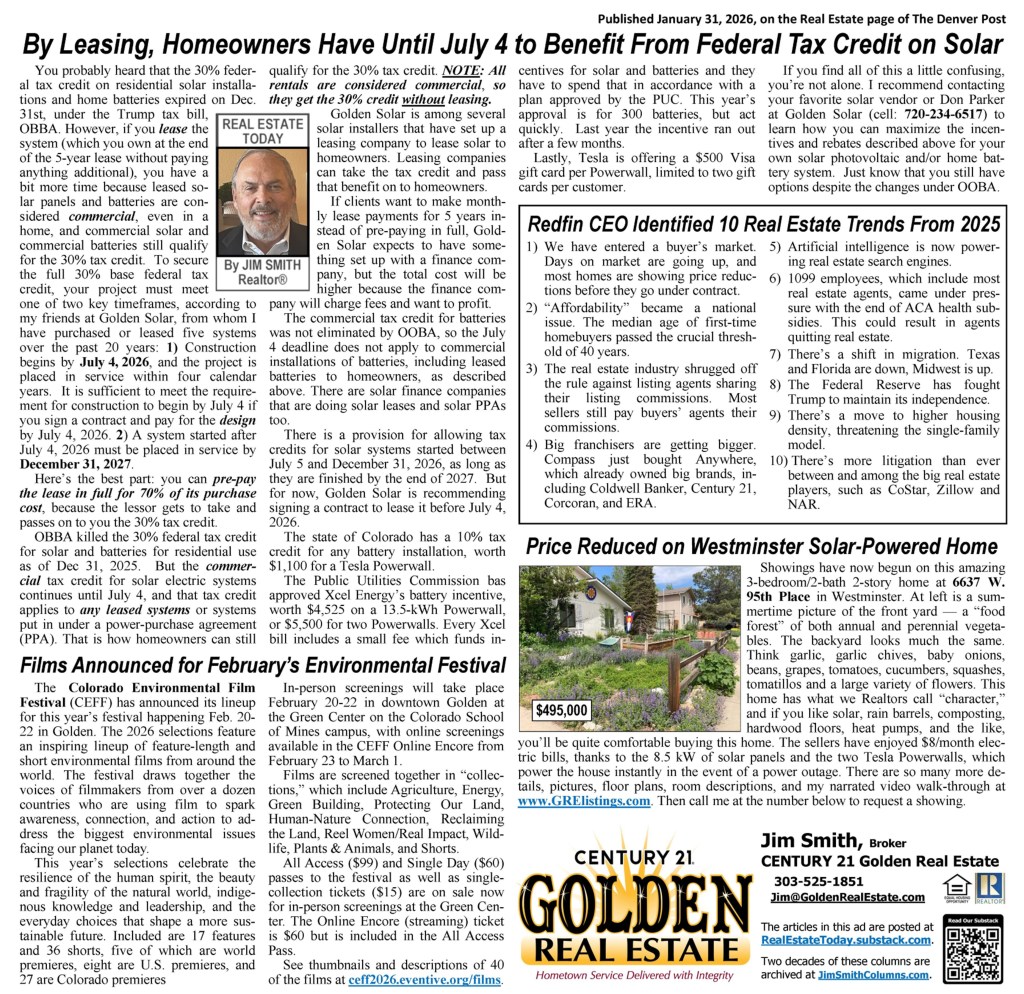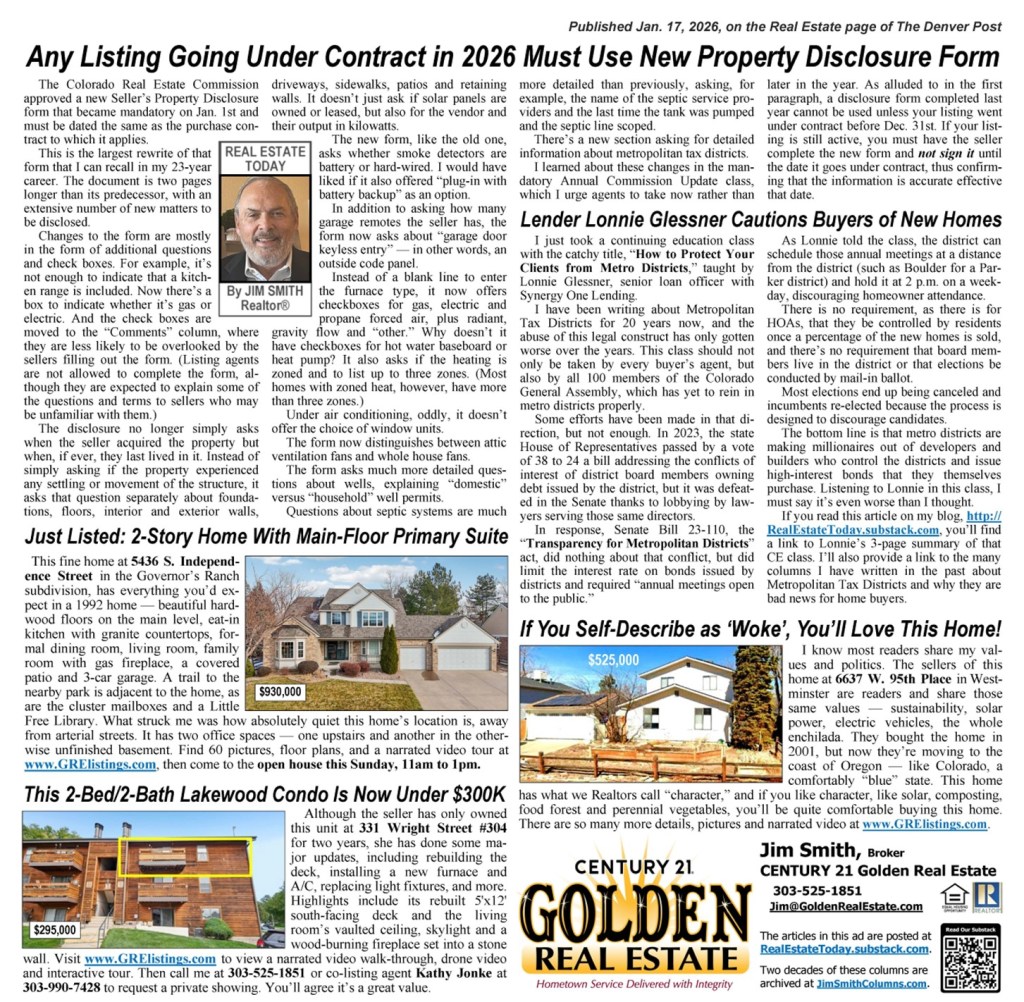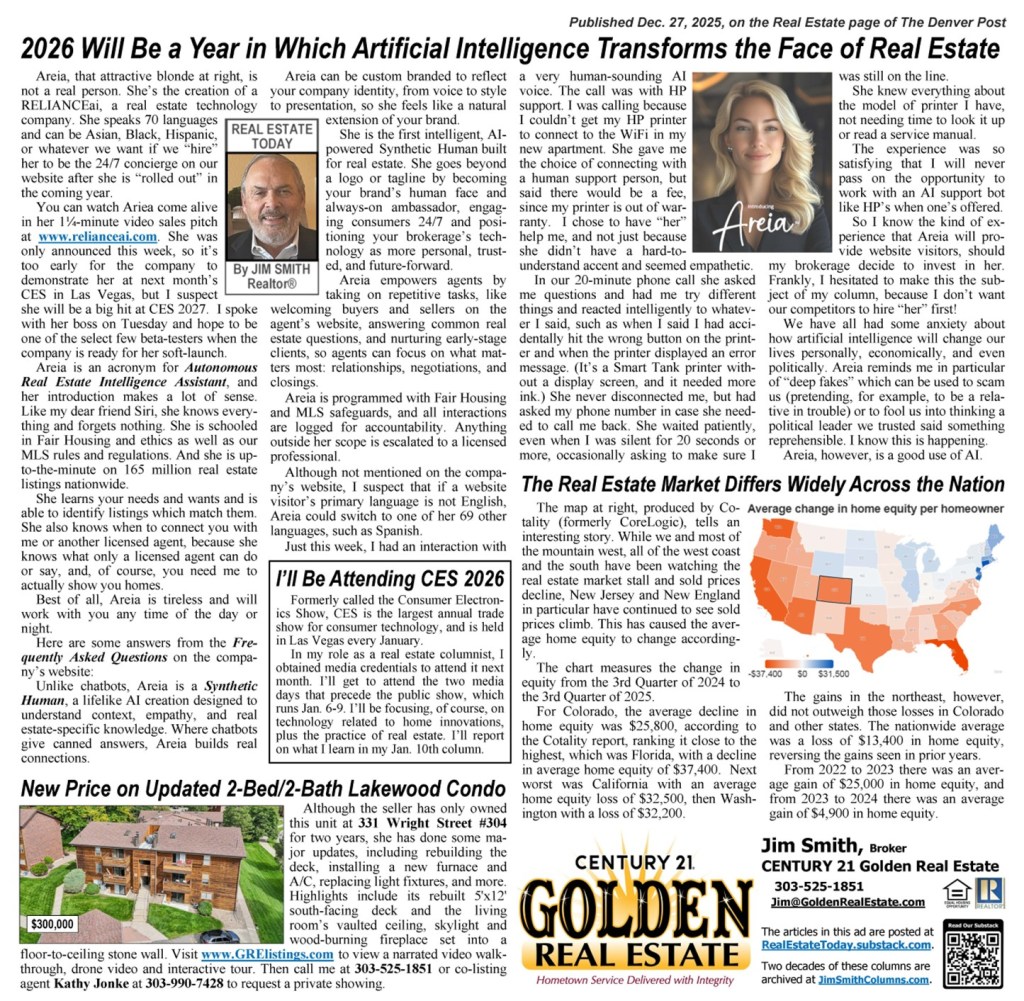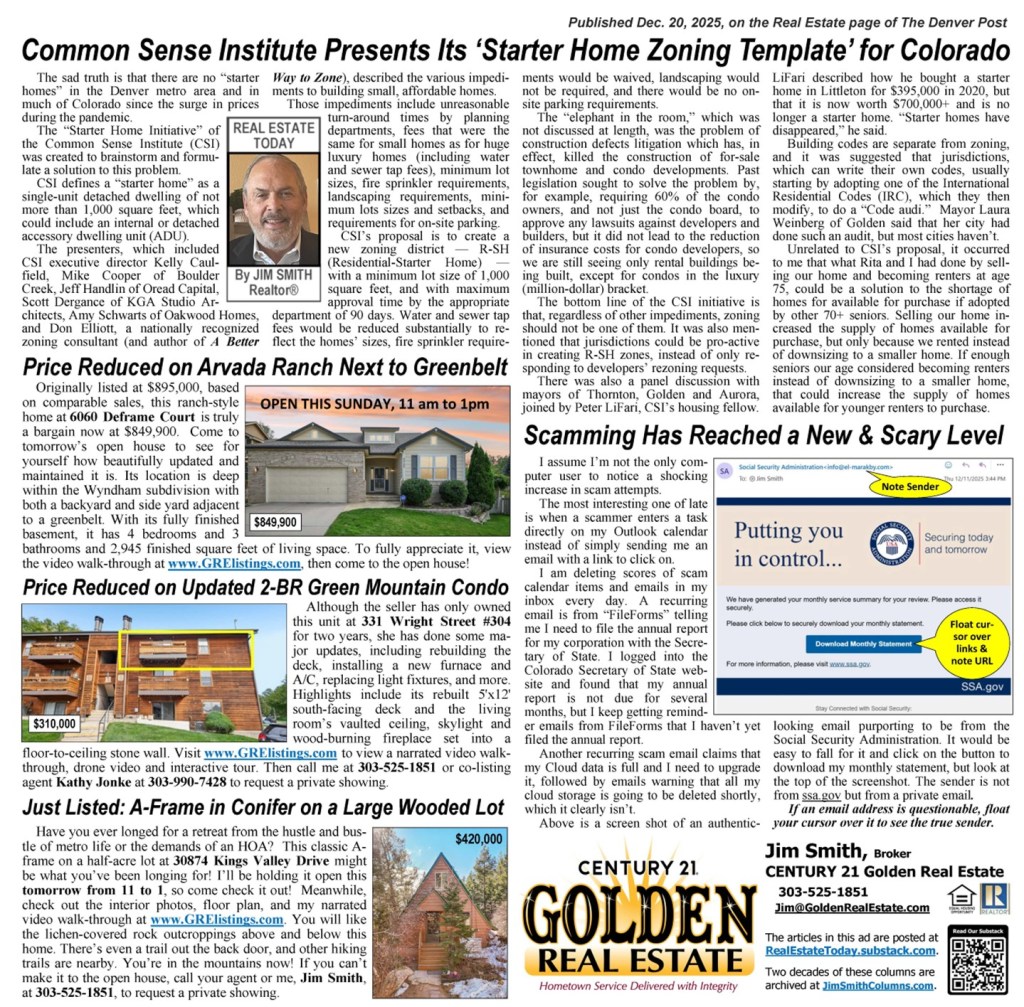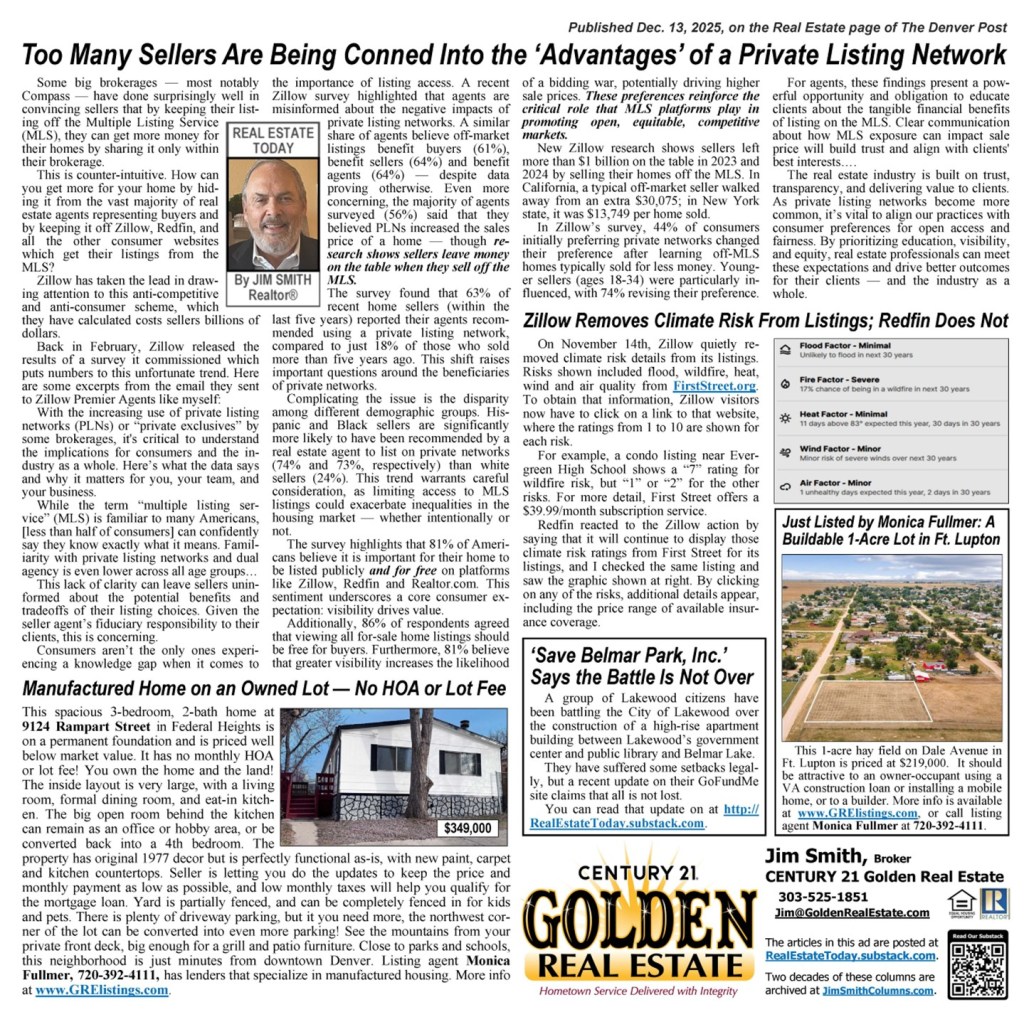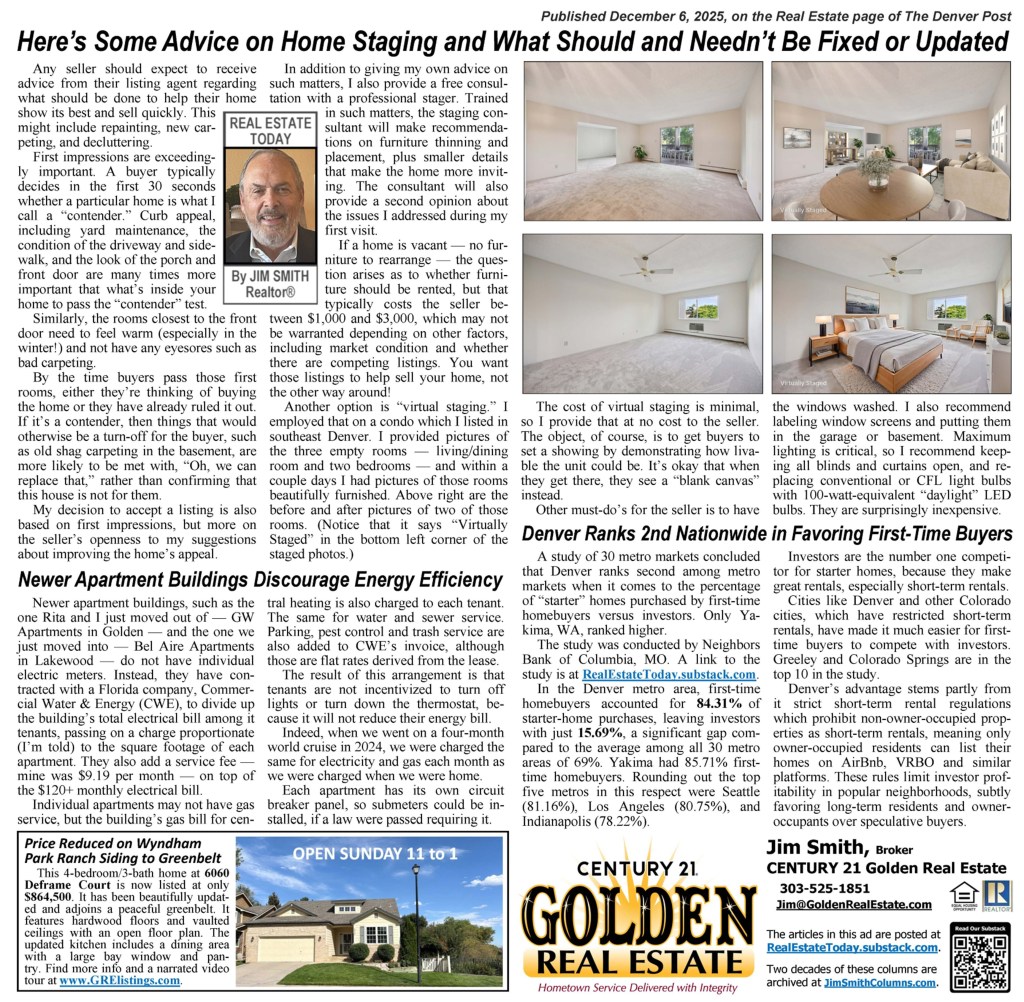Click on the thumbnail below to view or download a more readable PDF of it. You’ll need 11×17 paper to print it full-size.

The articles in the above ad are also posted at http://RealEstateToday.substack.com, where you can subscribe to receive this column by email.
The featured listing can be viewed at www.GRElistings.com.

